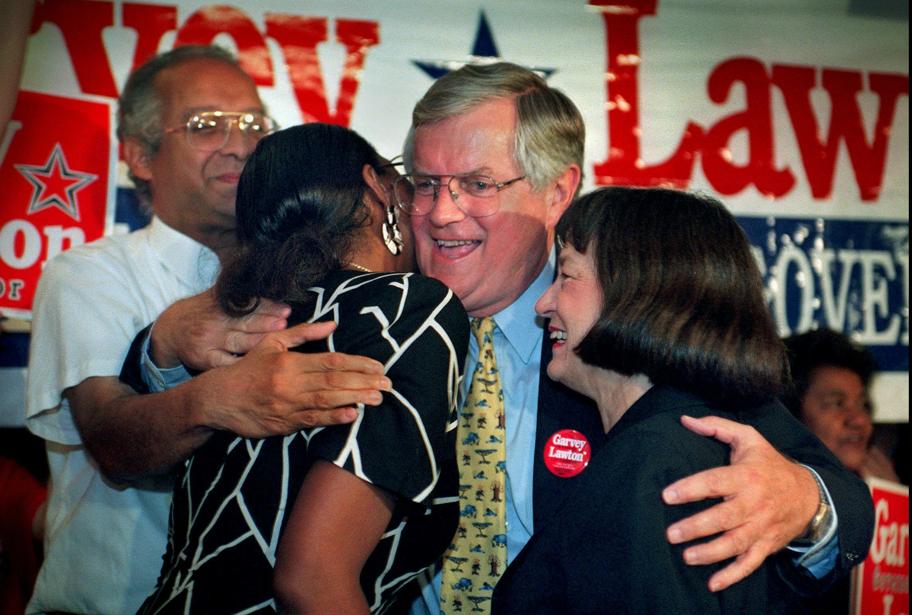
NEW YORK — Ed Garvey, who led the National Football League players union to two strikes during a dozen years as its executive director and later became a liberal political activist in his native Wisconsin, died Wednesday in Verona, Wis. He was 76.
Mr. Garvey joined the NFL Players Association in 1971 seeking to bring economic and social freedom to players who had experienced little of either in the era before free agency. Atop his wish list was eliminating a rule, named for the league’s commissioner, Pete Rozelle, that restricted the ability of a player, once his contract was over, to sign with another franchise by requiring his new team to compensate his old team with players or draft choices.
If teams could not agree on compensation, Rozelle determined it.
“In 1974, we struck over that: ‘no freedom, no football,'’’ Mr. Garvey said in 2010 during an interview on “I Remember,’’ a public television program in Milwaukee. The summertime strike ended in early August, and the players instead pursued a legal remedy to the so-called Rozelle Rule in court. The rule was found in 1975 by a US District Court judge to have violated antitrust laws; an appeals court upheld the ruling almost a year later.
But even the court victory did not greatly change the power that clubs had over their players, Mr. Garvey said.
“The owners said they wouldn’t bid’’ for players, he recalled, “and common sense said they wouldn’t.’’
When the players went on strike in 1982, they stayed off the field until mid-November, causing a reduction of the season to nine games from 16. The union demanded that 55 percent of the league’s gross revenue be paid to the players.
“They didn’t like that,’’ Mr. Garvey told the “I Remember’’ program, adding that Jack Kent Cooke, the Washington Redskins’ owner, “thought it was communism and others thought it was socialism.
“It seemed like capitalism to me,’’ Mr. Garvey said.
Although the league said that it had achieved its financial goal — some estimates put the final percentage of revenue at about 55 percent — the players were not all united. Within weeks of the new labor deal, players were seeking Mr. Garvey’s resignation, some unhappy with his handling of negotiations, some demanding an independent audit of union funds.
Dave Anderson, a sports columnist for The New York Times, criticized Mr. Garvey for agreeing to a deal that he could have gotten before the strike began and for not demanding free agency. He said that the “union has caved in because of Ed Garvey’s goofs.’’
But Mr. Garvey concluded that the strike had been worthwhile because of the increased money that it brought the players. And after surviving a vote of confidence by player representatives, Mr. Garvey resigned from the union in June 1983 to be a deputy state attorney general in Wisconsin.
DeMaurice F. Smith, the union’s current executive director, said in a video posted on its website that Mr. Garvey had successfully challenged the league’s “right to own men’’ and had “pushed the union philosophically toward freedom issues.’’
His departure from the union led to a political career in which he was known for a liberal voice on issues like the environment and campaign finance in his private law practice and as an unsuccessful candidate for governor and the US Senate.
“He was an economic justice warrior,’’ said Scot Ross, the executive director of One Wisconsin Now, a liberal advocacy organization. “He thought you should get a fair day’s wage for a fair day’s work. And he was a social justice warrior.’’
Mr. Garvey organized the annual Fighting Bob Fest, a gathering for progressives featuring speakers and panels and named for Robert M. LaFollette Sr., a former Wisconsin senator and governor. Mr. Garvey described LaFollette’s politics as “synonymous with reform, getting corporate money out of politics and getting rid of the spoils system in government.’’



